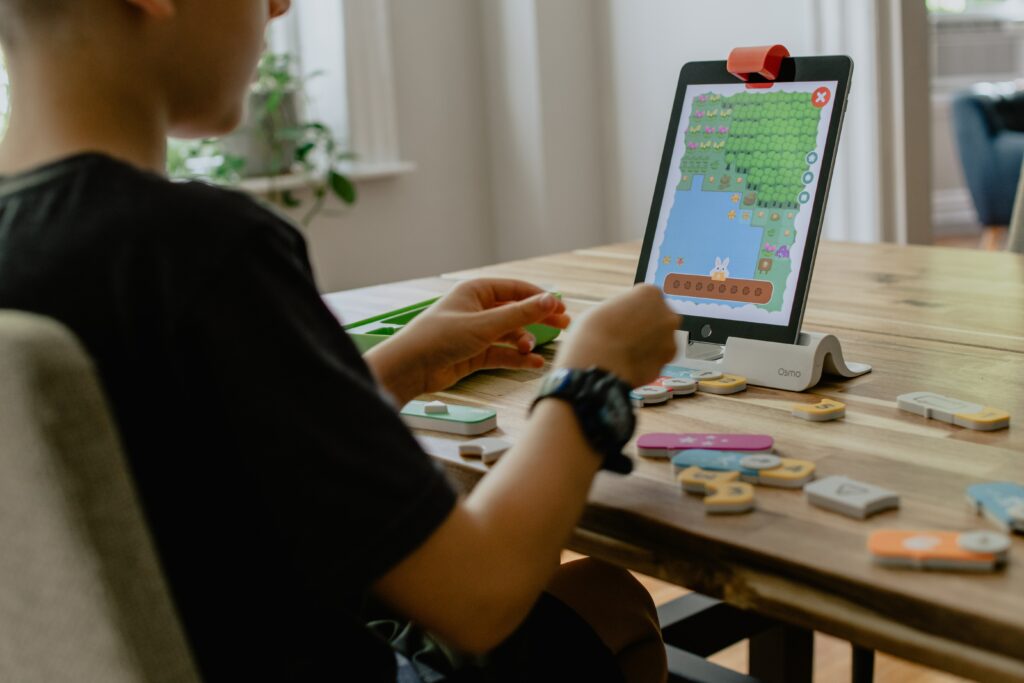Overview of characteristics
Open Pedagogy, also known as Open Educational Practice (OEP), has yet to be boiled down to one concise definition. Breaking it down to its simplest parts:
“Open” is in reference to Open Educational Resources (OER), which are educational materials with an open license and/or in the public domain. (UNESCO, n.d.).
“Pedagogy” is the way in which content is taught (Murphy, 1996).
Piecing those together, we can deduce that open pedagogy is educators using OERs to assist in the learning process. Many scholars identified the goal in this style of pedagogy to be that these OER resources can be used to foster active and involved learning (Schuwer, 2017).
To define its characteristics in more detail, Bronwyn Hegarty (2015) offers eight attributes that make OEP successful.

Participatory Technology
The media selected and how the content is shared is key in ensuring participation. Example: blogs, forums, social media.
People, Openness, Trust
A positive, open, and trusting environment must be established in order for learners to feel safe engaging online with the content. Negative experiences through Open Resources can be detrimental to the learner(s) personally, as well as lower their openness to the technology used.
Innovation and Creativity
Technologies should be used not because they are new, but because they are meaningful to the content being taught.
Sharing Ideas and Resources
Being active in and understanding the technology as a teacher will help you aid, connect, engage, and get the most out of the OEPs being shared with students.
Connected Community
Selecting social online communities that are meaningful will help boost participation.
Learner-Generated
Allowing learners to take the lead, problem solve, and work together to produce content.
Reflective Practice
Teachers and learners working alongside one another with the OERs allows for reflection from both parties. Peer feedback (similar to our community contributions) also facilitates reflection in the content learners are engaging with.
Peer Review
The nature of using open resources and peers being socially connected leads to learners being able to regularly review their peers’ work. This helps build the normalcy and comfort around having one’s own work on display to be critiqued.
How This Approach Aligns With Our Blueprint & If it Has a Place in Our Interactive Learning Design

Our pod’s blueprint topic, a grade 3 math unit about perimeter, could be a candidate to employ this type of pedagogy. While we have not specifically laid out the details of it, during the planning stages we had discussed the idea of incorporating online resources into the lessons and activities. We also rely heavily on group discussions and problem solving which, after looking more into Hegarty’s (2015) attributes, could help further elevate these areas that are already present through the use of OERs.
The biggest hesitation I have is thinking of how to implement OEP successfully in a younger elementary age group. In the end, I think it will boil down to us weighing the online capabilities of the learners with the OERs and online tools we are able to find, ultimately determining whether we think OEP is a beneficial approach to take.
References
Bronwyn, H. (2015). Attributes of Open Pedagogy: A Model for Using Open Educational Resources. Educational Technology, 55(4), 3–13. https://upload.wikimedia.org/wikipedia/commons/c/ca/Ed_Tech_Hegarty_2015_article_attributes_of_open_pedagogy.pdf
Murphy, P. (1996). Defining Pedagogy. In Equity in the classroom (1st ed.). Routledge. https://www.taylorfrancis.com/chapters/edit/10.4324/9780203209714-8/defining-pedagogy-patricia-murphy
Schuwer, R. (2017). April open perspective: What is open pedagogy?. Year of open https://opentextbc.ca/oerdiscipline/wp-content/uploads/sites/213/2017/11/What_is_Open_Pedagogy.pdf
SMU Libraries. (2019, February 18). Understanding OER [Video]. YouTube. https://www.youtube.com/watch?v=-YZZlEjQotY
OpenEd. BC Campus. (n.d.). https://open.bccampus.ca/what-is-open-education/what-is-open-pedagogy/
Open educational resources (OER). UNESCO. (2019). https://en.unesco.org/themes/building-knowledge-societies/oer